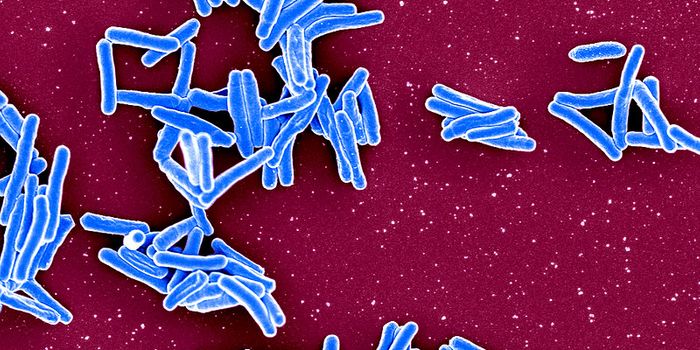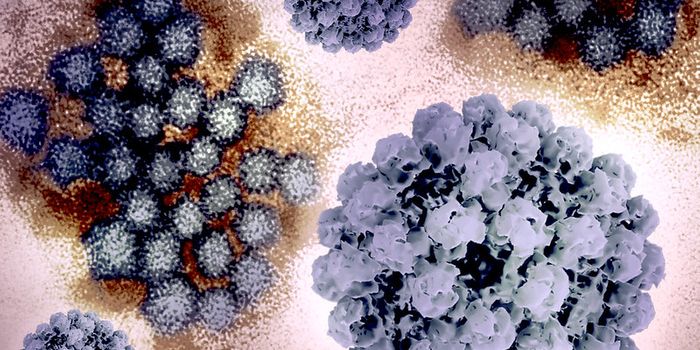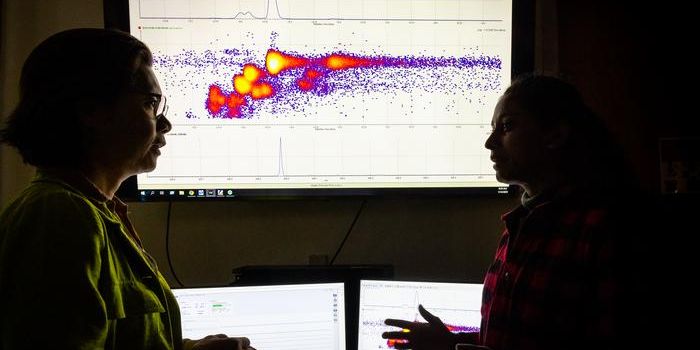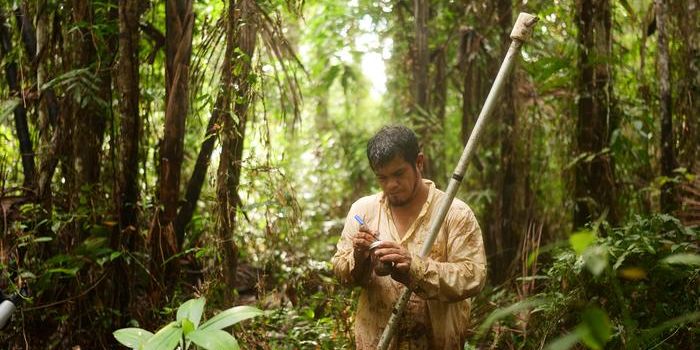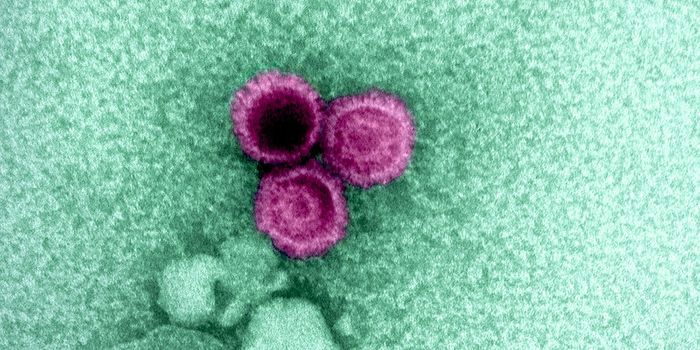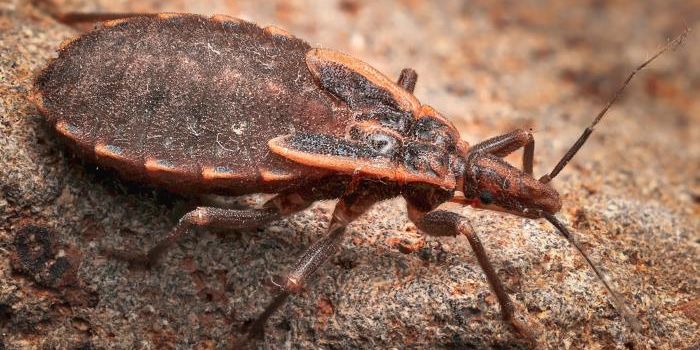Probiotics Shown to Evolve in the Guts of Mice
Probiotics, live bacteria that can be ingested, are easily available and have been promoted to consumers. Researchers at the Washington University School of Medicine in St. Louis have now found that probiotics are able to evolve once they’ve gotten into the body. That can not only reduce their efficacy but can make them harmful.
The work, which was done in mice using an anti-diarrheal probiotic sold in Europe, has been reported in Cell Host & Microbe. It indicates that probiotics may not be good for everyone; probiotics might be therapeutic for some people and detrimental for others. After mice were exposed to the probiotic microbes, which took up residence in the intestines for several weeks, it was found that some probiotics gained the ability to destroy the lining that protects the intestine.
“If we’re going to use living things as medicines, we need to recognize that they’re going to adapt, and that means that what you put in your body is not necessarily what’s going to be there even a couple hours later,” noted the senior author of the report Gautam Dantas, Ph.D.., a professor of pathology and immunology, of molecular microbiology, and of biomedical engineering. “There is no microbe out there that is immune to evolution. This isn’t a reason not to develop probiotic-based therapies, but it is a reason to make sure we understand how they change and under what conditions.”
The gut microbiome is a community of microbes that resides in everyone’s gastrointestinal tract. An increasing body of research evidence is showing that it is closely related to our health in many ways. Maintaining a diverse group of healthy microbes appears to be essential to our well-being. Changes in the microbiome have been linked to various diseases, and scientists are increasingly interested in how we can manipulate the microbiome therapeutically.
Probiotics are currently being engineered to treat disorders such as inflammatory bowel disease, necrotizing enterocolitis - an intestinal infection that can threaten the lives of premature babies, and phenylketonuria (PKU) - a metabolic disease. Although these treatments would be thoroughly evaluated before they are used in the clinic, evaluating a living therapy that can change inside the body may pose challenges to that evaluation.
In this work, the researchers used four groups of mice; one was free of bacteria, one had a limited microbiome to mimic an unhealthy gut, another mimicked a healthy microbiome, and the last group had a normal microbiome but had also received antibiotics. The mice got the probiotic - E. coli Nissle 1917, as well as various diets. They found that some microbes had undergone genetic changes while in the mice; many genes involved in stress response had adapted, probably because of the environmental conditions in the gut. But that wasn't always the case.
“In a healthy, high-diversity background we didn’t capture a lot of adaptation, maybe because this is the background that Nissle is used to,” Ferreiro said. “But you have to remember that quite often we wouldn’t be using probiotics in people with a healthy microbiome. We’d be using them in sick people who have a low-diversity, unhealthy microbiome. And that seems to be the condition when the probiotic is most likely to evolve.”
The scientists tried the Nissle as a potential PKU treatment, by engineering the bacteria to carry a gene that would enable them to break down phenylalanine (PKU patients are unable to break the molecule down and it builds up, causing neurological damage). The bioengineered bacteria was given to a PKU mouse model, and the following day, phenylalanine levels in some of the mice were reduced. A week after treatment, there weren’t any major genetic changes in the Nissle, which shows it may be a useful probiotic.
“Evolution is a given. Everything is going to evolve,” Dantas said. “We don’t need to be scared of it. We can use the principles of evolution to design a better therapeutic that is carefully tailored to the people who need it. This is an opportunity, not a problem.”
Sources: Phys.org via WUSTL, Cell Host & Microbe

